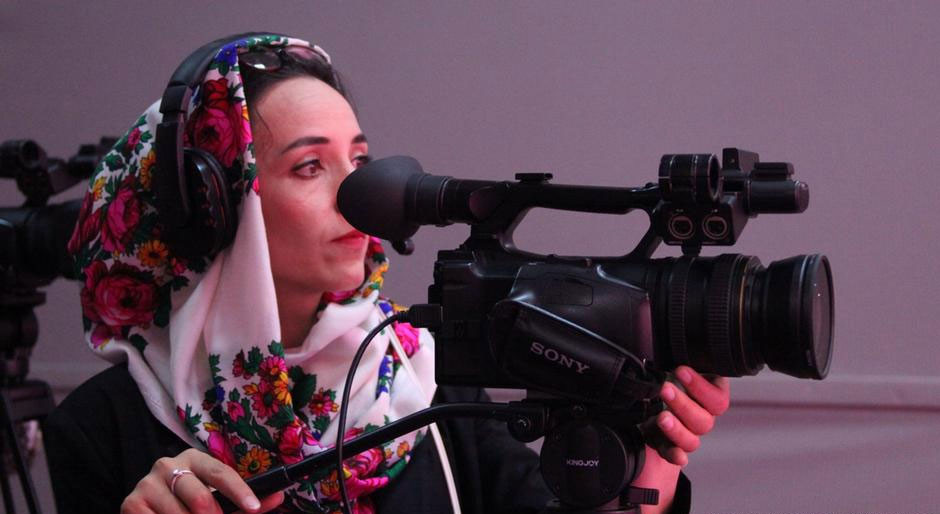
Afghanistan's Taliban authorities recently issued a new ''religious guideline'' that called on the country's television channels to stop showing dramas and soap operas featuring women actors.
In the first such directive to Afghan media issued by the Ministry for the Promotion of Virtue and Prevention of Vice, the Taliban also called on women television journalists to wear Islamic hijabs while presenting their reports. The new guidelines came despite pledges from the Taliban that they would be more moderate in their exercising of power this time around.
And the ministry asked the channels not to air films or programmes in which the Prophet Mohammed or other revered figures are shown. It called for banning films or programmes that were against Islamic and Afghan values. ''These are not rules but a religious guideline'," ministry spokesman Hakif Mohajir told AFP.
Despite insisting they will rule more moderately this time around, the Taliban have already introduced rules for what women can wear at university, and beaten and harassed several Afghan journalists despite promising to uphold press freedoms.
The Taliban's guideline for TV networks comes after two decades of explosive growth for independent Afghan media under the Western-backed governments that ruled the country until August 15, when the Islamists regained power.
Dozens of television channels and radio stations were set up with Western assistance and private investment soon after the Taliban were toppled in 2001.
During the past 20 years, Afghan television channels offered a wide range of programmes - from an American Idol style singing competition to music videos, along with several Turkish and Indian soap operas.
When the Taliban previously ruled from 1996 to 2001, there were no Afghan media to speak of - they banned television, movies and most other forms of entertainment, deeming it immoral. People caught watching television faced punishment, including having their set smashed. Ownership of a video player could lead to public lashing. There was only one radio station, Voice of Sharia, that broadcasts propaganda and Islamic programming.
What do the guidelines consist of?
The ministry said that films or shows that were against Islamic or Afghan values should be banned. This includes any media that depicts the Prophet Muhammad or other revered figures. The guidelines also set out that women journalists appearing on television should wear hijabs. The depiction of male bodies, including unclothed torsos, was also deemed inappropriate by the ministry.
Another Taliban spokesperson confirmed to Spanish news agency EFE that the guidelines were not obligatory, but rather suggestions to be kept in mind during transmissions.
Taliban's relation to media
The Taliban returned to power in August, twenty years after the US-led forces led War On Terror in the region. Their previous stint in power saw them ban TV and movies as well as most other forms of media. During the subsequent two decades of relative press freedom, several homegrown TV networks were set up showing a range of shows including televised singing competitions and imported soap operas from Turkey and India.
Have something to add to the story? Share it in the comments below.







1730355716-0/Copy-of-Untitled-(59)1730355716-0-270x192.webp)
1730276684-0/Copy-of-Untitled-(55)1730276684-0-270x192.webp)
1730095495-1/WhatsApp-Image-2024-10-28-at-11-04-18-(1)1730095495-1-270x192.webp)







COMMENTS (1)
Comments are moderated and generally will be posted if they are on-topic and not abusive.
For more information, please see our Comments FAQ